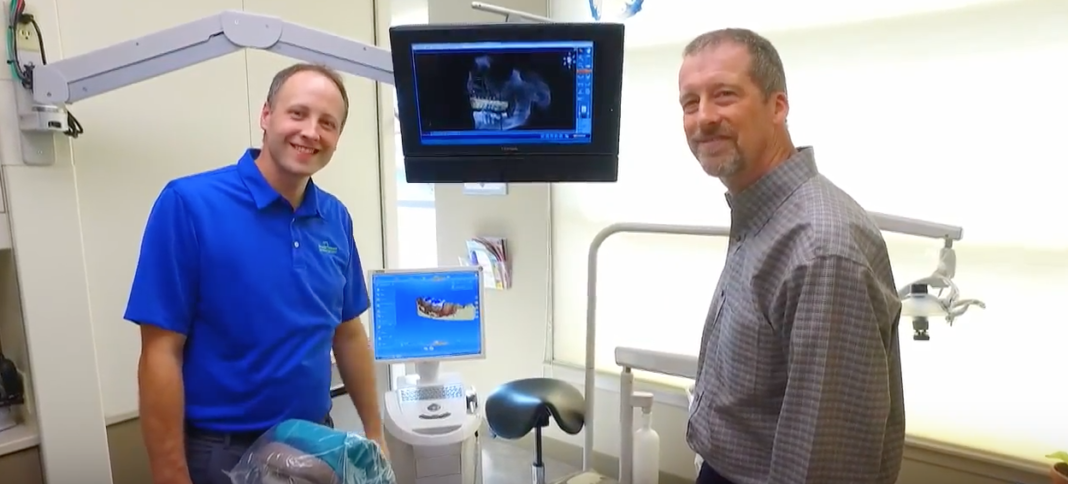In July 2017, the Center for Disease Control and Prevention released a shocking report. Over 100 million Americans have either diabetes or prediabetes – roughly one-third of the entire population. While just 9.4 percent have the full-blown disease, another 84.1 million have prediabetes, which can lead to type 2 diabetes within five years if not treated.

Visiting a doctor is an obvious first step toward prevention or treatment, but the need for another move may be less evident: seeing a dentist. “There’s a direct link between good oral health and heart health,” says Dr. Bruce Cooper of Cooper Moss Advanced Dentistry. “Diabetics tend to have more cardiac conditions, an aspect that’s sometimes overlooked. People should not forget their oral health.”
Aside from heart issues, diabetes can lead to multiple complications related to teeth, starting with infection. “Diabetics are much more prone to infection generally,” says Cooper. “Anything that would normally be inflammatory gets infected more quickly.” As an example, what would typically be gingivitis in a non-diabetic person can rapidly devolve into periodontal disease, resulting in compromised support around the teeth and eventual tooth loss, which diabetics are more prone to, Cooper notes.
Additionally, diabetics have less saliva production and medications prescribed for diabetes compound the issue. “With a dry mouth, plaque and bacteria become much more aggressive, so the decay rate goes up,” he explains. “When you have tissue loss and more root surfaces exposed, there’s a higher rate of decay anyway. Teeth become sensitive and very tough to treat if patients don’t maintain them well.”

Regular visits to the dentist can alleviate the problem, especially when ongoing communication with the patient’s physician is established. “As part of the health care team, we provide home care coaching,” says Cooper. “Supervision from our hygiene staff is really helpful. We prescribe mineralization techniques that help with decay and prevention to keep the oral care under control.”
Diabetics generally require more frequent visits to the dentist. The standard window is every six months, but they may need to come in every three or four months, says Cooper. “That alone can help them minimize the effects of diabetes,” he adds. “Management is challenging, but we’re working toward making the situation the best that it can be, given what it is.”
For more information, visit the Cooper Moss Dentistry website or call 360-357-8075.
Sponsored




















































